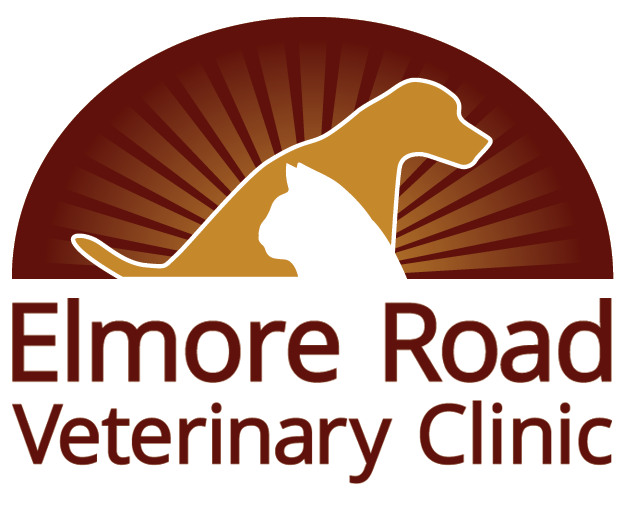3 Ways to Ensure Your Puppy’s First Year is a Success
Seemingly before your eyes, your adorable puppy will grow into an adult. When you look back on her first year of life, will you be happy with how you raised her, or will you have some regrets? Be intentional about providing your puppy with proper preventive care, socialization, and training from an early age so you are proud of the dog she becomes.
#1: Ensure your puppy receives preventive care
Give your puppy a healthy first year of life by providing her with the appropriate preventive care. Our veterinary team can assist you with:
- Vaccinations — All puppies should be vaccinated against rabies, and canine parvovirus, hepatitis, and distemper, as these contagious diseases are potentially life-threatening. Depending on your puppy’s lifestyle, she may also need vaccinations against leptospirosis, canine influenza, Bordetella, or Lyme disease. Our veterinary team can recommend the vaccinations and schedule that best suits your puppy.
- Parasite preventives — Heartworms can lead to fatal heart failure, fleas and ticks can transmit a myriad of diseases, and intestinal parasites can cause diarrhea, vomiting or decreased growth. Protect your puppy from these parasites by using the preventive products and schedule that our team recommends.
- Spay or neuter surgeries — Removing your puppy’s reproductive organs at the appropriate growth stage can prevent not only unplanned litters, and some illnesses such as uterine infections and several types of cancer, but may also reduce sex-hormone driven behaviors, such as marking, aggression, or roaming.
- Consultations — From nutrition to behavior, we are prepared to answer your questions and assist you in raising a healthy, well adjusted puppy.
#2: Socialize your puppy correctly
From the moment you bring your puppy home, you are responsible for her socialization. The critical period is between 3 weeks and 3 months of age, which is when your puppy forms the strongest opinions about her environment. For example, if she has a positive experience with men wearing hats during that period, she will likely accept them as normal, but a negative experience, or no experience, may make her fearful of any man she meets who is wearing a hat. Always reward her with treats, toys, and praise, to ensure each new encounter is a positive experience. If she appears scared or overwhelmed, do not force the interaction and create a negative association, but instead, back away to a comfortable distance, and patiently coax her closer with rewards. You may need to repeat this process over several days to ensure you create a positive association.
You should try to expose your puppy to the following:
- People — Puppies should meet people of different sizes, genders, and ethnicities, wearing a variety of clothing, shoes, and headwear, and using medical devices, such as canes, walkers, wheelchairs, or crutches.
- Children — Carefully supervise all interactions between your puppy and your children to ensure they treat your puppy with respect. If you don’t have children, invite friends to bring their well-behaved, dog-accustomed children to meet your puppy.
- Surfaces — Encourage your puppy to walk on wet grass, concrete, metal surfaces, and carpeted or wood floors.
- Sights — Garbage cans, street signs, vacuum cleaners, mops, brooms, tents, boxes, and other items should become commonplace to your puppy.
- Sounds — Play sounds of rain, thunder, fireworks, crying babies, and machinery, so your puppy knows they are harmless.
Continue this process through your puppy’s first year of life, and beyond, because while socialization makes the biggest impact during her first three months, learning doesn’t stop there.
#3: Teach your puppy manners
Puppies are so cute that you can easily overlook bad manners, such as jumping up, pulling on the leash, or whining for attention, but you must not let your puppy get away with inappropriate behaviors, if you don’t want her to behave that way as an adult. Establish the house rules, and then ensure every family member adheres to them consistently, to avoid confusing your puppy. Reward good behavior with toys, treats, and praise, so she knows she did the right thing, and discourage bad behavior with a firm “No,” and by withdrawing your attention. Never yell at or hit your puppy when she misbehaves, which is usually ineffective, and teaches her to be afraid of you. If you want help to teach your puppy good manners, join a dog obedience class, hire an experienced trainer, or consult our veterinary team.
Don’t let your precious puppy’s first year slip by without providing a solid foundation of preventive care, proper socialization, and good manners. When you add a new furry family member, give us a call. Our Elmore Road Veterinary Clinic team wants to partner with you in raising her to become a happy, well adjusted adult.

